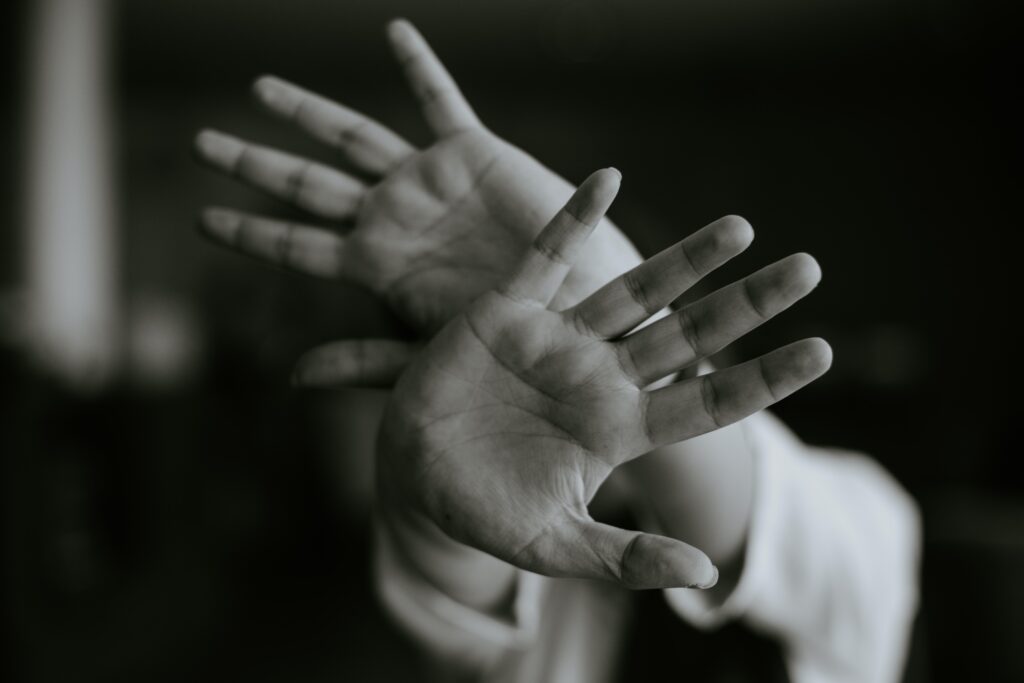What is the Difference Between Cyclothymia and Bipolar Disorder?

I am sure you have heard of bipolar disorder. It is a condition that is often wrongly depicted in films and media.
According to the American Psychological Association, bipolar disorder refers to any group of mood disorders that exhibit symptoms that oscillate between periods of mania and depression. Within bipolar disorder, there are subtypes– bipolar I, manic-depressive illness, and cyclothymia.
Cyclothymia is a subset of bipolar disorder. However, having cyclothymia does not mean necessarily you have bipolar disorder. While they are similar conditions, cyclothymia is a milder version of bipolar disorder which is sometimes referred to as bipolar III.
Cyclothymia is a mild mood disorder that is characterized by episodes of hypomanic symptoms and depressive states.
According to WebMD, cyclothymia affects approximately 0.4% of the U.S. population. While genetics may play a role, scientists are not sure what causes cyclothymia. One theory has to do with medical history– whether a relative also suffers from bipolar disorder or cyclothymia.
Cyclothymia symptoms fall into two sections: hypomanic and depressive.
Hypomanic symptoms manifest themselves in poor decision-making, fidgeting, feelings of euphoria, and reduced impulse control. On the other hand, some depressive symptoms are isolation, fatigue, low mood, and suicidality. One important factor that distinguishes cyclothymia from depression is that the depressive states do not last very long.
As you may have noticed, these symptoms are a lot similar to those who have bipolar disorder. But, the main difference between cyclothymia and bipolar disorder is the intensity. For someone who experiences bipolar symptoms, the shifting between hypomania and depression is sudden and drastic. For example, you could be in a depressive state on Monday and feel euphoric and bullheadedly optimistic on Tuesday.
The best visual interpretation I can offer to differentiate between bipolar disorder and cyclothymia is to think of a scale. You have numbers from 0 to 100. For a person with bipolar disorder, their mood can go from 0 to 100 rather quickly, whereas a person with cyclothymia may have a smaller scale to move on, let’s say 0-50 or 0-25. Regardless, they do still experience mood shifts that can affect their mental health.
Bipolar disorder, as well as cyclothymia, is often misdiagnosed. I believe that the misdiagnosis is caused by a focus on the symptoms of depression. Hence, patients reach out to a therapist to cope with their depression and unwittingly leave out symptoms of hypomania.
Unlike those who have bipolar disorder, people with cyclothymia do not feel that their mood shifts are debilitating or incapacitating. However, you should reach out for treatment.
Unfortunately, people underplay the severity of cyclothymia. Some may believe that since their symptoms are not as severe, they do not need treatment. Often, they take refuge in alcohol or drugs. According to the Lakeside-Milam Recovery center, those with a similar mood disorder, more than 30% are dealing with an addiction.
While there are no specific medications for cyclothymia, treatment usually involves mood stabilizers and antidepressants. If you are opposed to medication, please reach out to your therapist for other alternatives and guidance.
As always, take care!
Sources:
American Psychological Association. (2020). Patient Stories. Patient Story: Bipolar Disorders. https://www.psychiatry.org/patients-families/bipolar-disorders/patient-story.
Hoffman, M., & Casarella, J. (2020, June 4). Cyclothymia (Cyclothymic Disorder) Symptoms, Treatments, Causes, and More. WebMD. https://www.webmd.com/bipolar-disorder/guide/cyclothymia-cyclothymic-disorder.
Kerr, M., & Charles, M. (2018, August 20). Cyclothymia: Symptoms, Diagnosis, and Treatments. Healthline. https://www.healthline.com/health/depression/cyclothymia.
Lakeside-Milam Recovery Center. (2021, February 26). The Difference Between Cyclothymia and Bipolar Disorder. Lakeside-Milam Recovery Center. https://lakesidemilam.com/blog/cyclothymia-bipolar/.
Mayo Clinic Staff. (2021, June 19). Cyclothymia (cyclothymic disorder). Mayo Clinic. https://www.mayoclinic.org/diseases-conditions/cyclothymia/symptoms-causes/syc-20371275.
NHS. (2020, December 10). Cyclothymia. NHS Choices. https://www.nhs.uk/conditions/cyclothymia/.




Responses